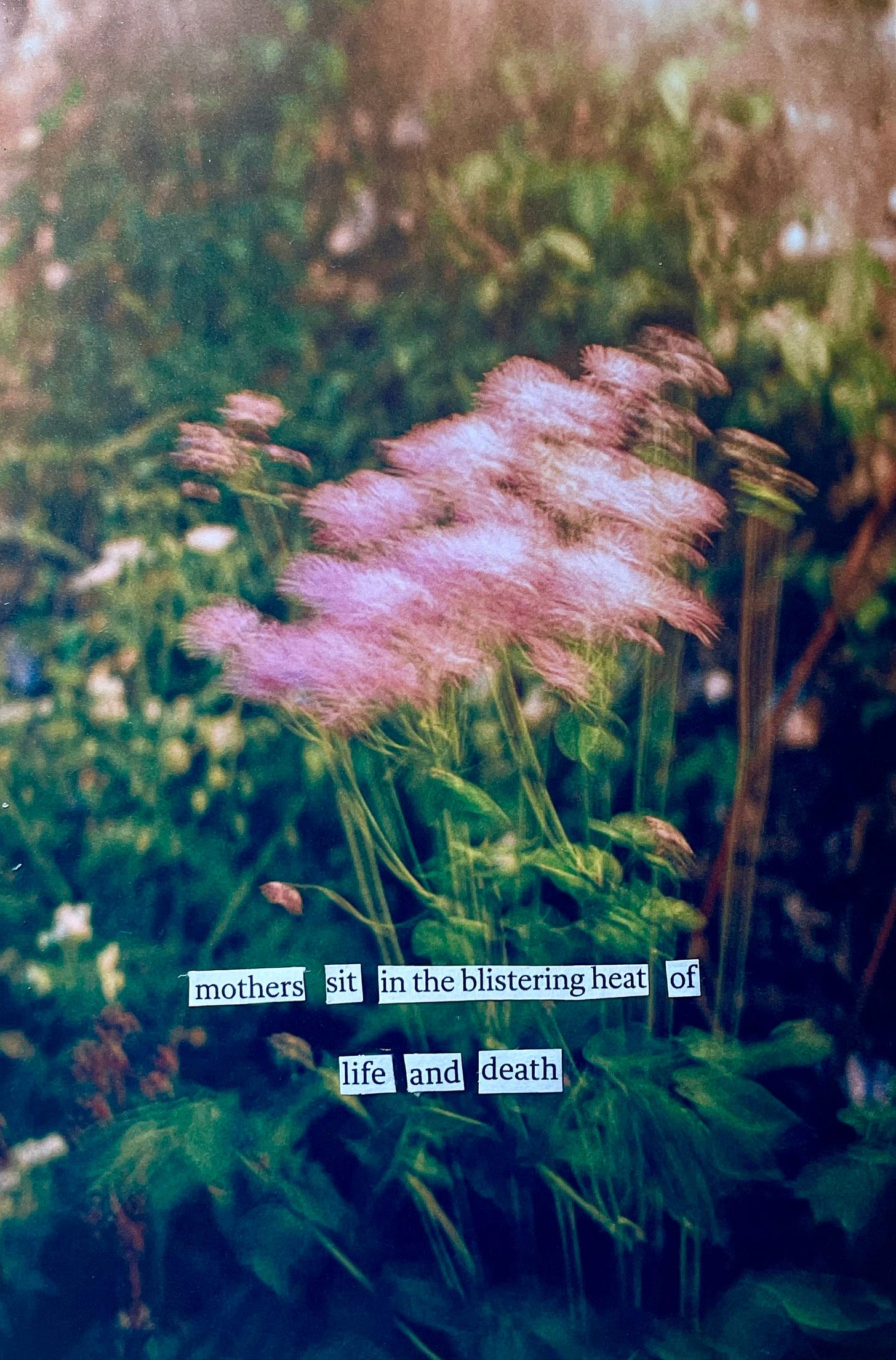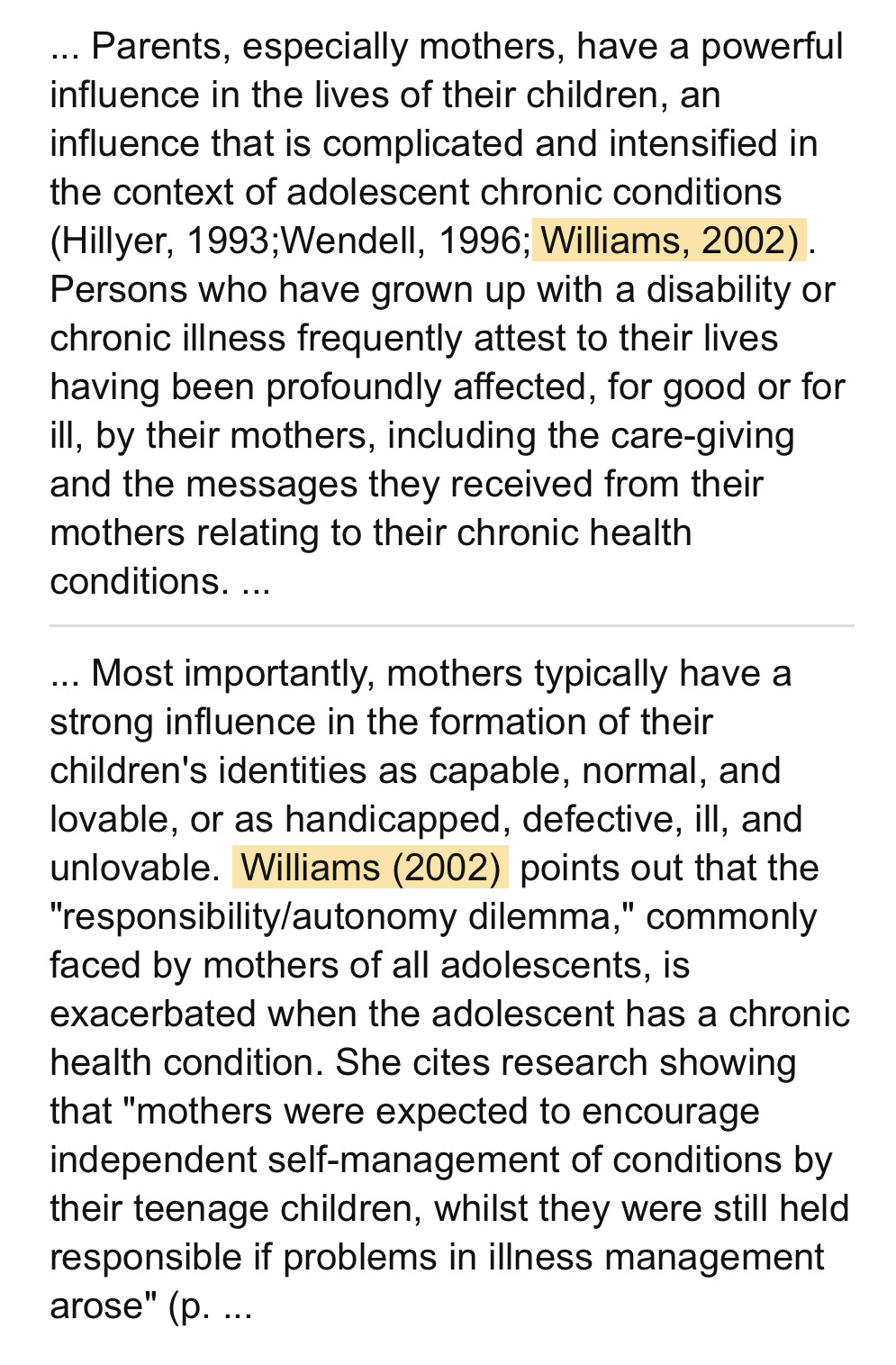Earlier this week on Instagram I wrote a little bit about September. About how as the parent of a child with both a chronic illness and Autism, who finds school overwhelming and down right painful at times, this month brings feeeelings.
Historically, I love September. I’ve learnt to make hay in summer, to be a glutton for every good thing that comes with the light. By the time the cool air blows in and the nights darken earlier, I’m excited to move with it. I always liked the start of the school year, the time to reset, to buy candles and notebooks and make soup. I like the way jeans feel after months of bare legs.
This September is not as straightforward and I’m feeling a little bit like a clingy girlfriend needing just one more day? week? month? of summer and its gentleness.The current school system is too hard and uncompromising for those that need softness and care. I know that that within it so many children (and parents) will be falling through cracks and feeling like they’re failing at something they could never win.
This September I’ll have been a parent on both sides of the returning to school fence - many years of having children happy to be back, and now firmly on the other side.
I’m trying to anchor myself in surrender and a wide open view of what really is a small part of life. I’m lucky that my own teen years held an unconventional education set up, and that I always believe other, better ways are possible. Much like the past few years, a day at a time is how we’ll take it.
But it’s still hard. To keep things calm, to anchor yourself, to ease the anxieties of the ones you love. The seas will be turbulent no matter what, I guess it’s just trying to ride the waves as best we can.
I’m writing this for those in the same boat this September- hi! I see you! May the waters hold moments of calm, may there be ports in the storm, and life jackets bountiful.
I had so many dm’s from other parents in the same boat, trying to navigate these choppy waters, thanking me for for writing about it.
I felt like a little bit of a fraud receiving those thanks. Had I written about it? Or had I written around it?
The truth is, writing about it feels like a fucking minefield. I’ve been trying to write and make art about this side of parenting and caring for a long time. Writing has always been how I process, make sense. In private and in public. I first started blogging about my life in 2007. Not always in massive detail, not always consistently, but enough that the urge is naturally there to share the things I think ultimately make us feel less alone in some way.
We’re two days in to the school return and after this morning’s drop off, I feel like a failure. I’m trying to hold on to my own words, to ride the storm, let my logical brain take over - but it is so hard. I want to write about it. I want to share the reality of this experience, and in doing so open up conversation and shared experience and gain a sense of relief. But I still haven’t squared this circle of the how of it all.
Here are some truths I’m trying to hold.
I just don’t know how to write about my experience of parenting and caring for a child with a chronic illness and Autism.
When you have a child that is old enough, interested enough, intellectual enough on the one hand to engage with what you make or write, but is also still a child, your child - ethically, morally, what does that look like? What are the implications?
When making art from experience is the way you process and - not to put to fine a point on it -survive, how do you navigate this?
How does everyone get their needs met? How does duty of care work here? At what point could I say something that is true for me but makes me feel like a shitty parent to them, all in the name of the deep, human need to share, connect and be seen in my own experience?
Is creating whilst in the experience the problem? Do we wait until the children are adults?
Are there some things that we can never really write directly about?
This can be really lonely place - I deeply believe these stories are needed.
And yet.
My child is at the heart of the experiences. He is old enough to have access to the internet and be engage with the art I make, the words I write. There are lines between my experience and his, and yet sometimes those lines look and feel so burry it’s hard to distinguish them.
How useful it is to him to see my pain, and the reality of the difficult experiences which are often synonymous with the role of caring. He already carries a lot of shame around it all, is reading about my experience just another thing for him to carry?
Ethically I think it’s a really interesting topic. There’s a part of me that feels like it’s tangled in with the ‘mommy blogging’ era and the oversharing of our childrens lives without consent that ensued with the age of blogs/youtube/IG. Making art that is directly in correlation to another person can be messy. The classic “You own everything that happened to you. Tell your stories. If people wanted you to write warmly about them, they should have behaved better.” Just doesn’t apply. Children are their own category of subject.
I’ve been feeling for a while a big empty space around this kind of discussion and have been racking my brains to see what examples I can recall that touches on this. What writers in a similar position are writing about this? Caitlin Moran had a very short chapter in her book How To Be a Woman, about her child’s mental illness. I dug it out:
My girl has taken an overdose.
It is her third this year.
Today is the worst day. The very worst day.
I climb into the tiny bed with her and say: 'My poor baby. This is so hard for you. I am so sorry. I'm so sorry. I love you?
She turns her head into my chest, and cries like a little girl.
'I love you too,' she says.
'Did you do this wanting to die?' the on-call psychiatrist asks.
On the last two occasions, she has answered this question, blankly,
'Yes?'
On this occasion, she says, firmly, 'No?'
The psychiatrist leaves. We sit, a while, on the bed. I tuck the blankets around her, tight.
'Mum - I don't want to do this any more?
For a terrifying moment, I think that she means, 'Live? I have never felt a horror like it. The moment seems to go on for ever.
'I don't want to come here again,' she continues, as I breathe again.
'I am never going to do this again. I am going to get better. I am going to do all the work, and listen to everything the therapist says, and I am going to try, so hard, and I'm not going to give up. I've never said this to you, because I couldn't, but I'm saying it now: I promise you I won't do this again. I promise?
I've been told, with these kinds of illnesses, that - once they have taken hold - there is very little you can do, save wait for the moment where the sufferer hits rock bottom, and their coping method causes more problems than it gives short-term relief. It's the moment of unrevelation: the moment they lose faith in the malign voice in their head. It's where they break up with their illness - because they realise they have been betrayed, and broken, by it.
I wonder - is this it? Is this the worst day? Is it, finally, passing?
She falls asleep, still holding my hand.
The chapter is 7 pages long, in a 300+ page book. This is the one page in that chapter that references how she, the Mother and writer, feels. Caitlin Moran’s child was an adult when the book was published.
I have no answers, and every question seems to open up another. I’ve started researching the topic from a few angles to feed myself…something. The responsibility of the Mother is always there, hanging over us. The weight of it all!
And interestingly, my research so far has thrown up much more information about the reverse of this relationship - children writing about their Mothers with chronic illness.
The Mother is so often at the heart of the story, but how much of the story does she get to tell?
(if you have any writing, art, studies etc that you want to send my way on this topic - please do!)





The writing of these questions is a very powerful read.❤️